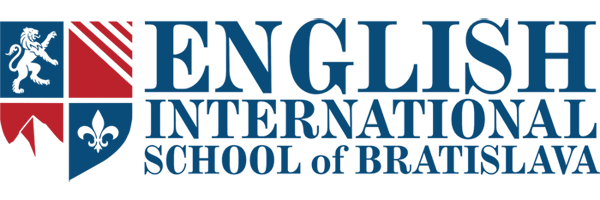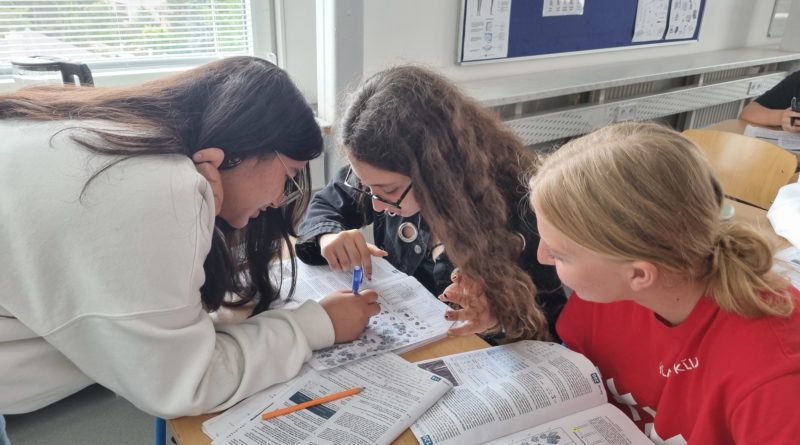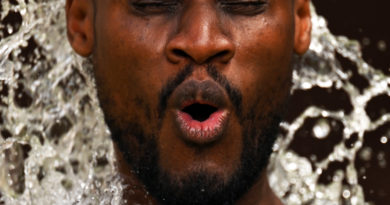Environmental education in our middle and high school
The environmental situation in the world is unfavorable. Deterioration of ecosystems and reduction of biodiversity are the result of human impact. The situation can be improved through the formation of environmental thinking and consciousness of each person, which will lead to a careful attitude towards nature. Environmental education and upbringing in our school includes various forms of student activities:
– Study of the basics of ecology, nature management and protection of biodiversity in lessons. Students get acquainted with theoretical material by completing various types of written assignments, conducting statistical processing of data, participating in group discussions, creating mind maps.
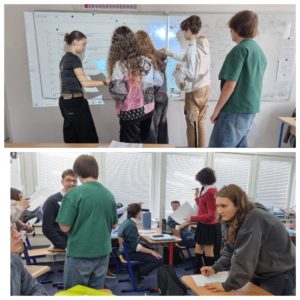
 – Excursions to nature. This activity is popular among students as it combines a pleasant time spent in nature with an educational aspect. In advance students receive individual assignments and should complete them by collecting natural material, describing living organisms, their adaptation to the environment, and human anthropogenic impact on ecosystems. Students present their results in the form of reports, video and PP presentations, posters. They can do this individually, in pairs or even in groups and present their final product in class, during Open House or Team Week.
– Excursions to nature. This activity is popular among students as it combines a pleasant time spent in nature with an educational aspect. In advance students receive individual assignments and should complete them by collecting natural material, describing living organisms, their adaptation to the environment, and human anthropogenic impact on ecosystems. Students present their results in the form of reports, video and PP presentations, posters. They can do this individually, in pairs or even in groups and present their final product in class, during Open House or Team Week.

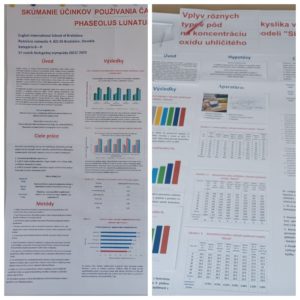

– Implementation of research environmental projects and their presentation at biological Olympiads. For example, Katarina, MYP3, successfully completed the project “Animals of the Forests” last year, and “Animals of the Water Bodies” this year. Michal studied the effect of different soil types and their degree of vegetation cover on carbon dioxide levels in a closed eco- system. Ema and Alexandra, DP students, studied how different types of water with different impurities affect the germination rate of seeds of different plants and the growth of biomass.
– Creating eco-models. This academic year, Y10 students were given an assignment (the practical part of the final exam in biology) to create models of a sustainable mini-ecosystem Mesocosm. The quality of the work was assessed 2 months later. The mesocosm model created by Maksym received the maximum points.
For the next academic year, we are planning a more active participation in EU environmental projects.
